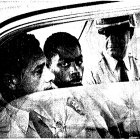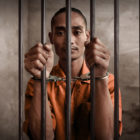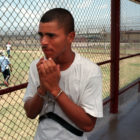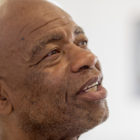
Opinion: Policymakers, Time To End Juvenile Life Sentencing
|
A viral video in August showed an 8-year-old boy being arrested at his elementary school in handcuffs that slid off his tiny wrists. A police officer can be heard telling the child, “You’re going to jail.” Sadly, this is just the latest disturbing example of the uniquely American phenomenon of vilifying and overpolicing our nation’s children.
America incarcerates more people under 18 than any other nation and is the only country in the world to condemn its children to die behind bars, with no chance of freedom or hope for redemption. For these “juvenile lifers,” no matter their progress in treatment or rehabilitation, their home from the age of 15 — or whenever they were sentenced as a child — is a jail cell.
This is not only a draconian approach at odds with undeniable science showing that youth who have committed even serious offenses can be successfully rehabilitated, it also perpetuates unconscionable racial inequities. The majority of kids we throw away through these juvenile life without parole (JLWOP) sentences are Black. Our system is sadly predisposed to see the humanity in white children more than children of color; approximately 70% of children sentenced to life without parole have been Black since 2012.







